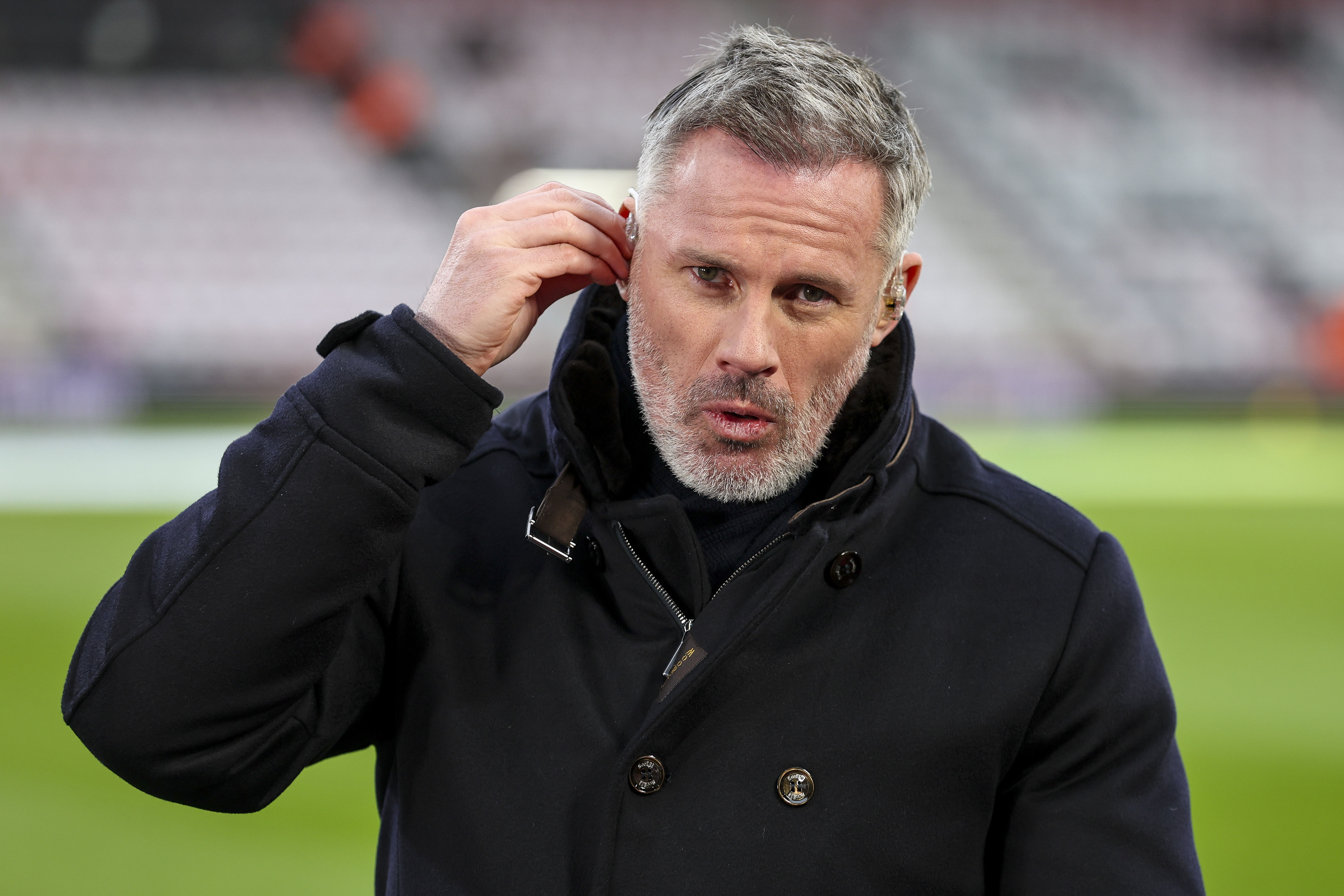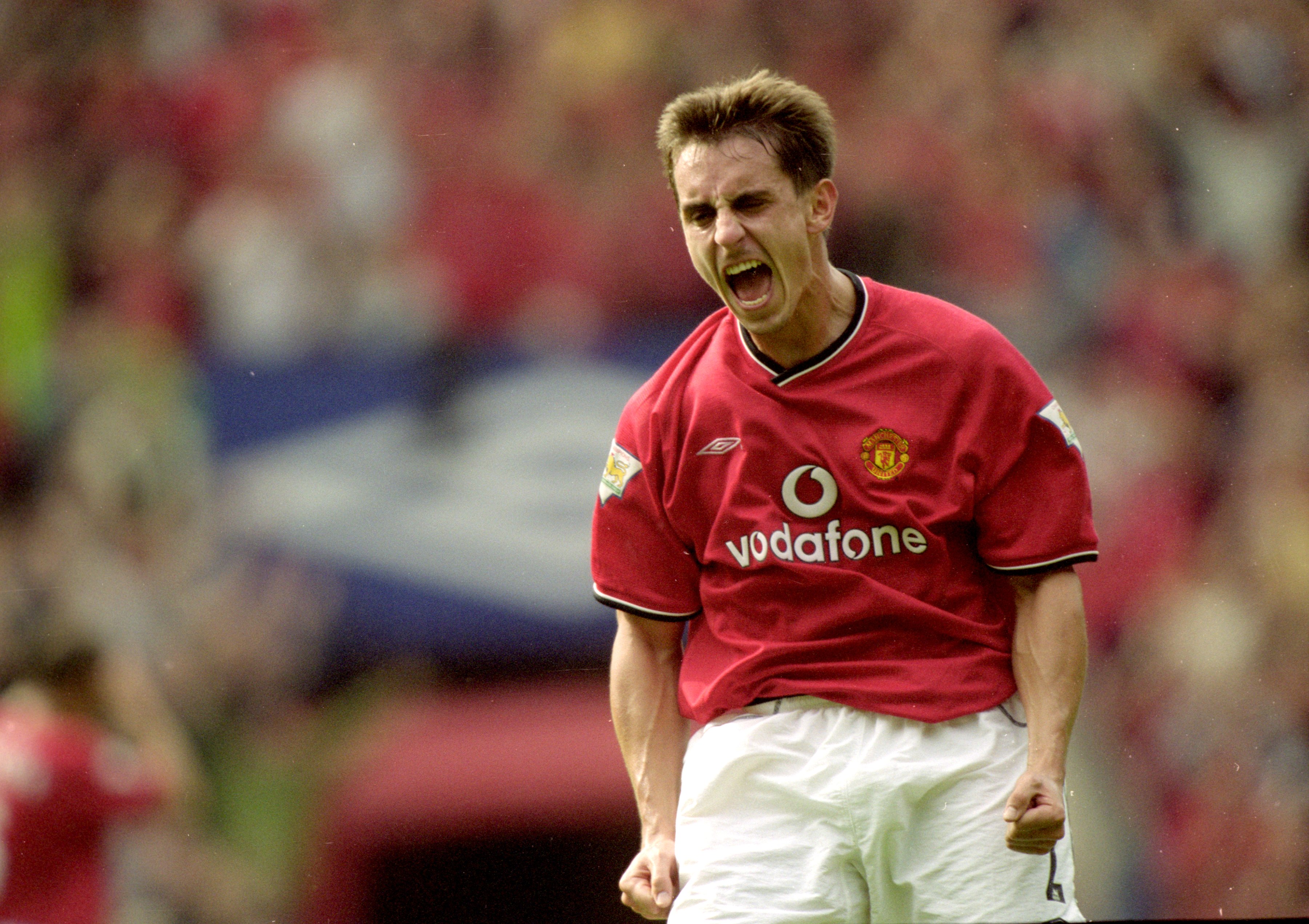
Jamie Carragher believes that Manchester United had more success than Liverpool during his playing days because of the leaders in their squad like Roy Keane and Peter Schmeichel.
The former defender was a one-club man from 1996 to 2013, during which time he had many run-ins with the Reds’ biggest rivals from Old Trafford.
But while the Red Devils dominated English and European football in that period, Carragher failed to win the Premier League with his boyhood club.

Speaking to his former United rivals Keane and Gary Neville in the'Stick to Football' podcast, Carragher tried to put his finger on why United were serial title winners during his playing days and Liverpool weren’t.
“The biggest difference was the Class of 92 had amazing players,” Carragher said.
“But when you [Neville] were coming into the team, the best players were Schmeichel, Keane, and [Eric] Cantona.
“Liverpool’s lads who came into the team were Liverpool’s best players – [Robbie] Fowler, [Steve] McManaman, Stevie [Steven Gerrard], and we had Michael Owen too.
“You [Keane and Neville] had them [senior leaders], they guided you, whereas Liverpool’s young players, [Robbie] Fowler at 18, 19 was Liverpool’s best player, same with Michael Owen and Steven Gerrard – there was never that Roy Keane, Schmeichel or Cantona figure you looked up to, to drag you along.”
Neville won eight Premier League titles and Keane seven during their playing days, but they shared similar success with Carragher in Europe.
Carragher won the Champions League in 2004/05 and the UEFA Cup in 2000/01, while Neville won two Champions League titles and Keane one for the Red Devils.
Jamie Carragher was speaking on the Stick to Football podcast, brought to you by Sky Bet.
More Manchester United and Liverpool stories
Supercomputer predicts Liverpool will win the league – in the tightest title race for a decade
Is Manchester United star Lisandro Martinez injured this weekend? Premier League injury update
Manchester United report: Brazilian star 'well placed' to become first signing of the Sir Jim Ratcliffe era







